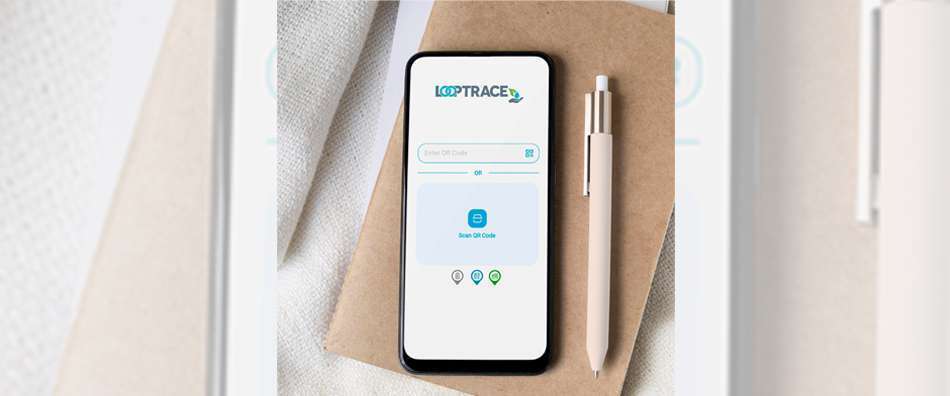The importance of transparency and traceability has increased significantly over the last few years, including multiple regulations requiring traceability in the supply chain. We have always aimed to spearhead excellence in environmental and social performance and have applied the same rigor and passion to establishing traceability. Looptrace is our proprietary traceability solution to provide end-to-end traceability from product to the farm level.
Cotton, in its virgin and recycled forms, is an indispensable fiber in our products and vital to our business. It is used in diverse fabrics and materials, which are incorporated into a diverse range of products. Cotton farming is critical to the economic wellbeing of communities worldwide, and several methods are used to grow it – some more sustainable than others. For those reasons, we are committed to leveraging our scale to drive positive change within the cotton industry.
For us, sustainable cotton farming means Maximized water efficiency Optimized inputs and chemical use Improved soil health, Ethical working conditions. To meet our goal, we aim to complete visibility into where the BCI, Organic, Recycled, certified cotton used to produce our products is grown. Looptrace is a work-in-progress project to support this initiative. This mega initiative comprises three major areas; to provide track, trace, and transparency covering man, material, and machine, providing visibility to our brand partners. With this platform, they can trace cotton back to its region and harvest area as one benefit.
By far, 8000 farmers are involved in this ongoing project – the number is continuously growing as we bring more farms onboard. Each farmer has a unique profile in the system consisting of info such as their national id cards, townarea of the farmer; production unit; geolocation, etc. We are working on developing a simple mobile application built in the local language for farmers to educate them to record crop lifecycle information. We are in collaboration with a local non-profit NGO, working with the rural communities, particularly with women farmers in Pakistan since 1996 and at present working with 250 villages in eleven districts of Punjab, Kashmir, and with partners in KPK, Sindh, and Baluchistan. The NGO promotes socially and environmentally sound agriculture strategies through focused research, policy advice, and advocacy. It encourages networking and linkages with various institutions and individuals through seminars, workshops, and exchange visits. We share a common vision of a progressive rural society, where end beneficiaries may have choices to exercise and enjoy their rights. They also have access to services without discrimination, a community where people will have freedom, dignity, and respect for others and the environment. At present this project provides tracing of cotton yarn back to its origin. In the future, it will provide tracing of a finished product back to its origin as part of its traceability function. The two other values it will provide to the brand partners is the order tracking at an order level and transparency in terms of environmental footprint at an SKU level. These features are under development and will be part of future releases.
Looptrace is a sprint-based development and deployment. The project was initiated in Sep 2021 and is continuously evolving into a more robust tracking and traceability tool not just for Interloop but all its partners.
Our vision for transparency is broader and includes visibility into our production processes, quality data, and compliance of our facilities, enabling our supply chain partners to achieve high levels of environmental and social performance. All our facilities are registered on the Higg index, and we are now in the process of inducting our suppliers onto the platform.
Interloop Organic Kapas aims to develop a local organic cotton supply chain in Pakistan, establishing transparency and material integrity. Pakistan is one of the largest cotton-producing countries in the world but accounts for less than 1% of the worlds organic cotton production. We aim to promote organic cotton production in Pakistan, which has clear and established environmental and social benefits, including climate impact mitigation, soil health improvement, water conservation, and biodiversity and farmer livelihood improvement in organic cotton premium. We have piloted with 2000 farms, with the first conversion crop expected from October 2022 onwards. We are collaborating with OCA to launch a pilot under their FED program.
We aim to have 70% of our materials come from sustainable sources by 2025. We have already achieved that and will continue to work hard to maintain and improve the numbers. Our sustainable materials include BCI cotton, organic cotton, recycled cotton, recycled polyester, and recycled nylon. We have also signed up for the textile exchanges 100% sustainable cotton challenge by 2025.
